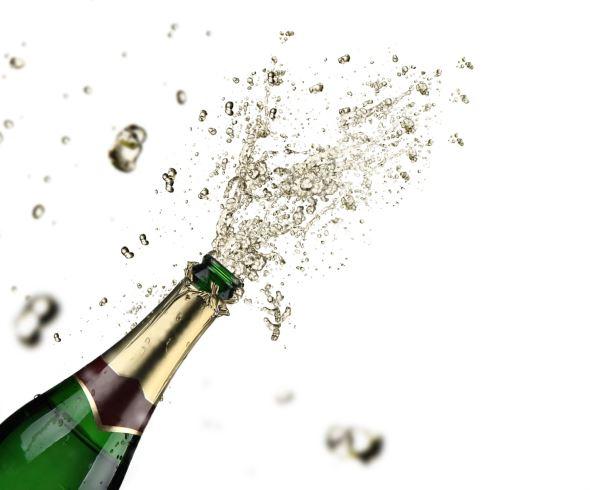
We're pretty sure everyone can agree that female orgasms are the best. Three in a row? No problem. Body part designed solely for pleasure? Thanks, clitoris. Hell, we even have different types of orgasms.
And then there's the legend of the elusive female ejaculation—a.k.a. chick jizz, squirting, sploosh and so on. Some swear it doesn't exist, while others fear it's urine in disguise.
Let's get one thing clear: It definitely exists. This stuff goes back (way back) to the Kamasutra. All this "it just can't be real" nonsense is relatively new—possibly because female ejaculate is often mistaken for pee (which, if that were true, would be decidedly unsexy—unless that's what you're into, of course). So, what's really in that stuff we squirt? Under analysis, it's actually closer to male semen—sans sperm, mind you—than urine.
Here are the (known) ingredients in female ejaculate:
- creatinine
- antigens (specific to the Skene's gland or female prostate)
- acidic phosphatase
- prostatic acidic phosphatase
- acid phosphatase (connected to the Skene's gland again)
- glucose
So, no, it's not urine. As for doing the deed, if you've never personally squirted and never known anyone who—admits—to doing so, that's because not every woman does. Though sexperts say any woman can learn to ejaculate, research has not proven that it's not possible for everyone. Squirting is often associated with G-Spot stimulation—which may, in turn, be stimulating the Skene's gland from which said jizz is released.
But as much as women dig this feeling, it doesn't guarantee a sploosh. In fact, it's speculated that some women have scar tissue blocking their Skene's gland. Others may just have a rather inactive one. Then, there's the psychological aspect: Many women feel the rush coming, but assume it's urine and prevent its release. Or, they know what it is, but think it's gross.
Our advice? As long as you're enjoying sex, let it flow!






